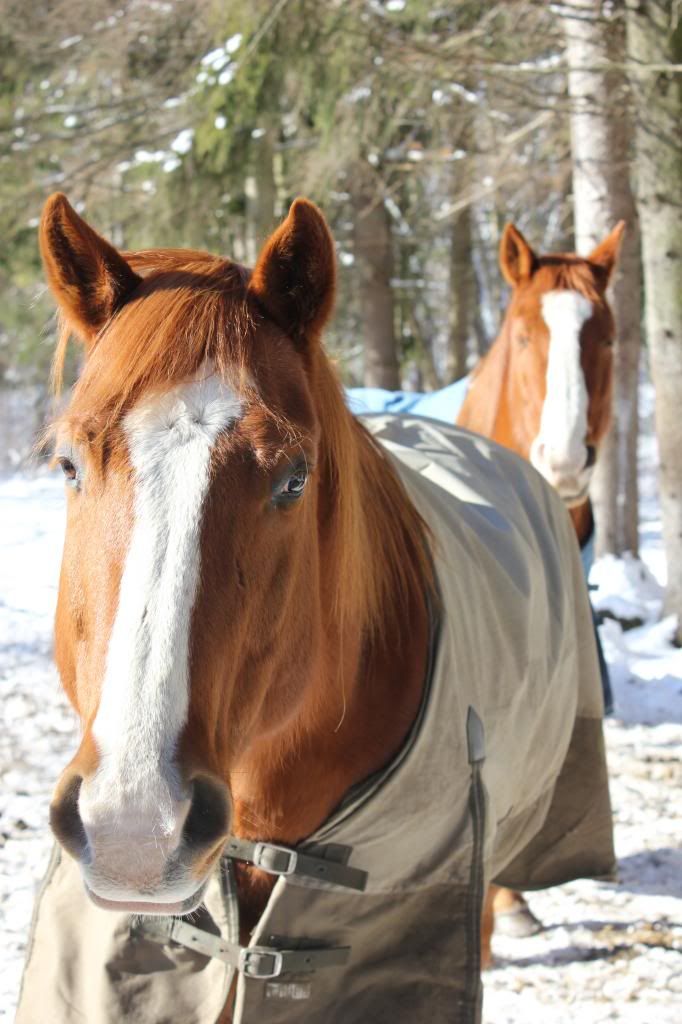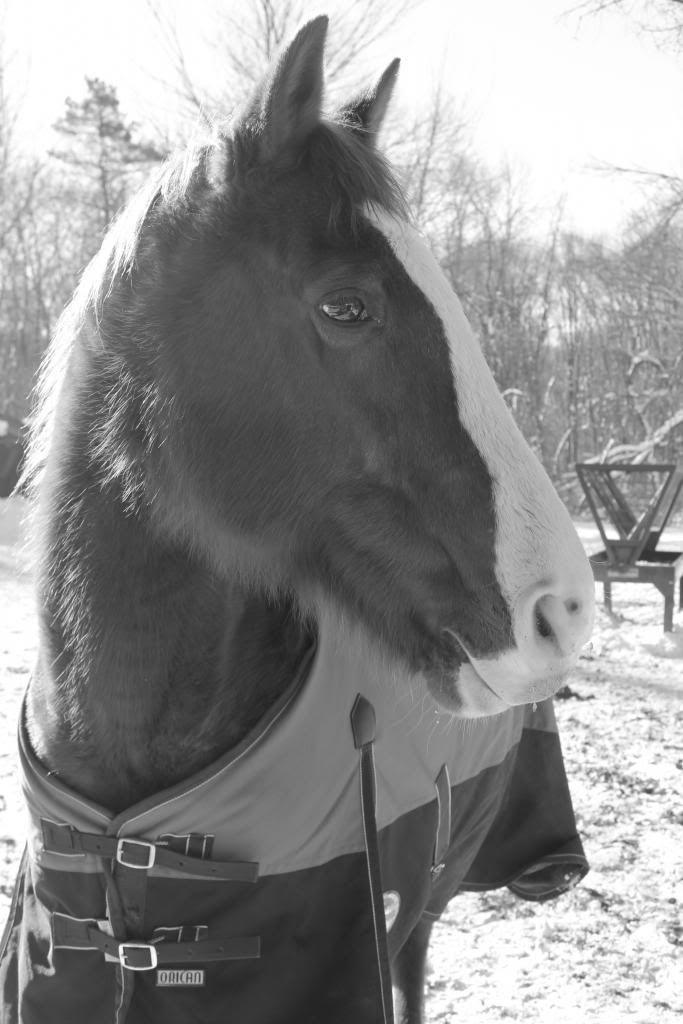Liberty Equine Rescue was officially registered as a non profit organization, within the State of NJ, on April 17, 2009.
Liberty Equine Rescue has 501(c)3 tax exempt status. The effective date of exemption is April 17, 2009.
Liberty Equine Rescue is 100% volunteer. Our Board Of Directors do not receive any form of monetary compensation, and in fact, financially support a portion of the rescue.
You may not be aware, but when you donate to some rescues, you are donating to Board Of Director salaries, so you may be supporting their horses, but you are also supporting the Board Of Director. That is NOT the case here. ALL donations go to the horses. We work freely, completely volunteer, without payment or salary of any kind.
Some Board Of Directors run stables of their own, and charge their rescue to board the horses in their stable, upwards of $800 per month! That is NOT the case here. ALL donations go to the horses. We work freely, completely volunteer, without payment or salary of any kind.
We are relying on members of the Morris County community to aid our mission. We would like to assist when needed in abuse or neglect situations, so please contact us should you have concerns regarding the well being of an equine.

Our horses are located on a private farm in Morris County, NJ.
Visitation is currently suspended.
***********************************
Adoption Information
If you are interested in adopting one of our rescues, please email libertyequinerescue@yahoo.com and request an Adoption Application.
ADOPTION: These are the basic guidelines for adoption --
We take applications on a case-by-case basis as we want to ensure a good match of horse and adoptor. Upon approval of the Application, we initially sign a Conditional Adoption Contract. After 6 months and a vet exam, we can complete a Final Transfer Contract.
Both the Conditional Contract and Final Transfer Contract stipulate that LER gets right of first refusal on the horse; and that the horse is never to be conveyed via dealer, auction, meat-man, etc. In the event of the death of the adoptor, the estate is to return the equine to Liberty Equine Rescue.
If we waive our right of first refusal, we do require that the subsequent owner/buyer also contracts with us, to ensure the horse's continued safety.
PLACEMENT APPLICATION INSTRUCTIONS:
Failure to complete all questions completely will delay or deny your application. Please feel free to attach additional information about you and the kind of horse you are looking for to expedite your application.
Please include a $20 Processing Fee with your Placement Application. This fee is non-refundable.
Once your application is approved, you must make arrangements to finalize the adoption by executing the Conditional Adoption Contract, paying his adoption fee and arrange transport of your new horse within 7 days. Until this accomplished, he will still be available to other potential adoptors.
If possession of the horse is not arranged within that 7 day period, adoptor will be responsible for the continued care costs of the horse. If the adoptor needs for the equine to remain at LER post-adoption, Adoptor will be responsible for the rescue-rate board, which is $350/mo or $12/day.
The Adoption Contract will be a Conditional Adoption Contract. Ownership of the horse remains with LER for 12 months to ensure a safe and mutually satisfying placement for both the horse and the Adoptor. A Six-Month Veterinary Report is required. At 12-months, A Final Transfer will be effected with the submission of a acceptable Veterinary Report (we supply form)
IN addition, we request that all Adoptors adhere to Liberty Equine Rescue's Standards of Care in caring for their adopted equine. A copy of our standards of care is attached to this Application for your review and understanding and it is made part of the Adoption Contract.
STANDARDS OF CARE
The following Minimum Standards of Care will be required for equines housed at approved foster and adoptive homes:
Feeding
Nutritious grain in sufficient quality and appropriate nutritive value unless equines are receiving adequate natural forage.
Diet shall be prepared with consideration for the age, breed/type, condition, size, work level and quantity of equine(s).
Equines shall have no less than a body condition score 4 and no more than 6 on the Henneke Condition Scoring Chart (BC) to be considered of adequate weight. Exceptions are made for arrivals on premises less than six months and showing continued documented improvement or for equines under the continued care of a veterinarian.
All feed and hay storage and feeding receptacles shall be kept clean and free from contaminants, such as feces, mold, mildew, insects, etc.
If more than one animal is fed at one time or in one place, it shall be the responsibility of the owner/custodian to ensure that each animal receives nutrition in sufficient quantity.
Minimum hay requirements shall be observed with the quality of hay representative of choice grasses in the local area. Equines should receive a minimum of 2% of their body weight in high quality hay per day unless equines are receiving adequate natural forage. Exceptions may be made for equines who need less to maintain an acceptable Body Condition Score or for those who are on a diet for weight loss.
Necessary Veterinary Care ~
An annual vaccination schedule to be maintained and conducted by a veterinarian. This includes a Spring Vaccination protocol to include Eastern and Western Encephalitis, Tetanus, West Nile, Potomac Horse Fever, rabies and tetanus and a Fall vaccination protocol to include Eastern/Western Encephalitis and Tetanus.
It is expected that the adoptor will seek immediate veterinary intervention in the event the horse shows any of the following signs:
Shock
Colic
Founder
Broken bone
Deep tissue wound
Inability or unwillingness to eat or drink
Blistering or burns
Irregular or abnormal breathing
Partial or total paralysis
Abnormal discharge
Severe bleeding
Continued symptoms of heavy intestinal parasite load despite adequate deworming
Weight loss
Abnormal skin condition
Hair loss
Temperature fluctuation
Diarrhea
Lameness
Standard Care
Hoof care maintenance and trimming every six (6) to eight (8) weeks or as directed by a veterinarian or a farrier. Hoof care shall be done by an experienced person knowledgeable in standard farrier practice. Exceptions may be made for horses who are not yet tame enough to have their feet handled.
Hooves should be cleaned out at least once/week. Exceptions may be made for horses who are not yet tame enough to have their feet handled.
Parasites kept under control through either a daily deworming product or by deworming every eight (8) to twelve (12) weeks or as directed by a veterinarian.
Annual veterinary procedures as outlined in the Standard Veterinary Procedures Policy shall be performed.
Dental care -
Routine dental work (floating) shall be performed at least once/year by a qualified veterinarian or equine dentist. Floating may be recommended more often for certain equines by a qualified veterinarian or equine dentist.
Non-routine dental work shall be provided as needed in a reasonable amount of time.
Water -
Proper water is clean, potable water that is available at all times for all equines. Exceptions shall be determined by veterinary consultation of professionally accepted practices for the safety and well-being of the equine.
Equines that are being worked or are in transport shall be provided water as often as necessary for the health and comfort of the equine. All water receptacles shall be kept clean and free of contaminants and be positioned or affixed to minimize spillage.
Space and Shelter for Each Equine -
Each equine must be provided with space that is safe. The space for each equine must be free from standing water, accumulated waste, sharp objects, and debris.
Any fencing must be well maintained and in good repair at all times. Each equine should be provided with adequate exercise. Exceptions are granted when equines are under stall rest per a veterinary recommendation.
Stalled equines shall be exercised or turned out daily. Exceptions shall be made for times of bad weather, injured or ill equines, or equines who are not yet tame enough to be exercised or lead to turn out areas.
While not all pastures or turn out areas must have man-made shelter, man-made shelter consisting of a roof and a minimum of two sides must be available as needed for ill, injured, older, or underweight horses. The shelter shall be in good repair and free of standing water, accumulated waste, sharp objects, and debris. There should be adequate space for each equine that will be sharing the shelter at any given time.
Liberty Equine Rescue
P.O. Box 447
Denville NJ 07834

